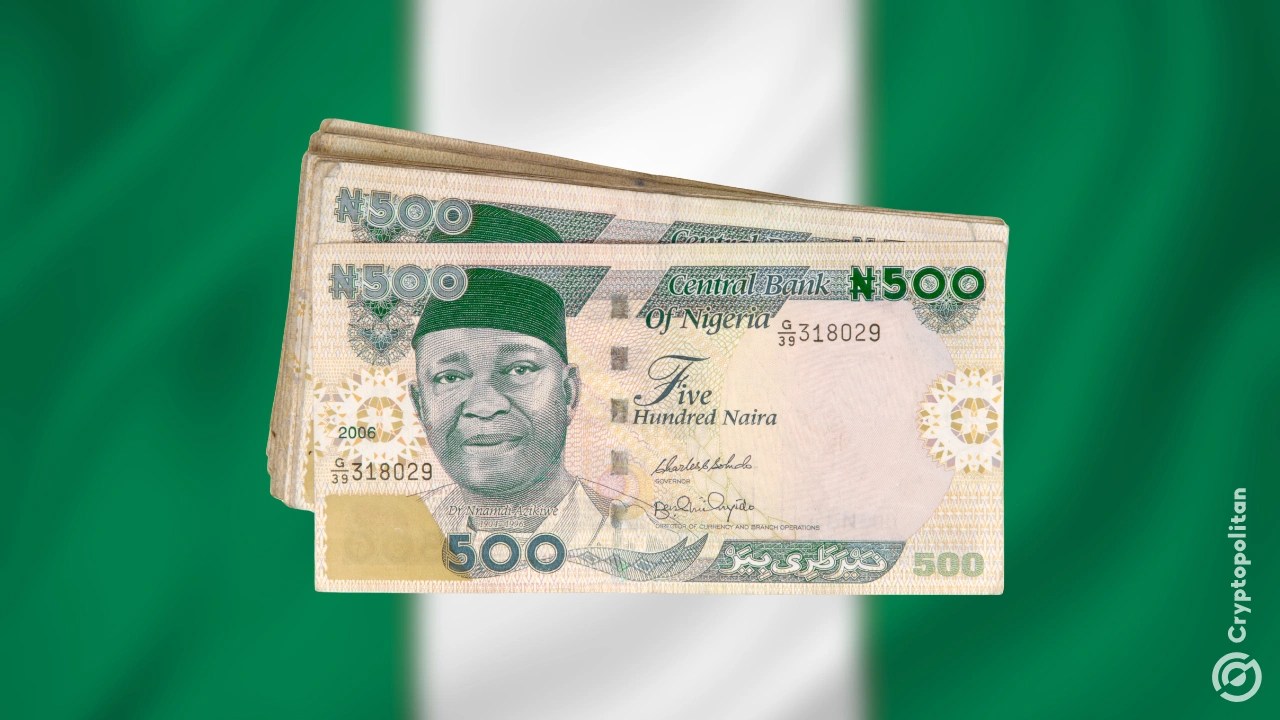The Bank of Japan kept its benchmark interest rate at 0.5% on Friday, ending a two-day meeting in Tokyo without any change in monetary policy.
The vote split was 7 to 2, and literally no one was surprised—all 50 economists polled by Bloomberg expected the hold. But the real development wasn’t the rate. The real story? For the first time ever, the central bank said it’s going to start dumping its exchange-traded funds.
The ETF stash, built up during Japan’s wild pandemic-era monetary easing campaign, is valued at around ¥37 trillion on the books. Back in 2020, the BoJ became the largest single owner of Japanese stocks, but that buying spree ended last year.
Meanwhile, Japan’s core inflation dropped to 2.7% in August, the lowest reading since November 2024. This was the third straight monthly decline, so its not the kind of trend that gets the BoJ in a hurry to hike anything.
Ishiba exit stalls BoJ as inflation dips and yen stays firm
Friday’s decision came just days after Prime Minister Shigeru Ishiba announced his resignation, throwing the ruling party into a sudden race to replace him. The political shakeup added yet another layer of uncertainty to an already murky economic outlook.
It’s been less than a year since the last leadership vote, and once again, Japan is without a clear political direction. That was one reason the BoJ didn’t move on rates; it’s waiting to see who takes over and where they’ll steer policy.
There’s also the U.S. tariffs that the BoJ is watching. Even though Japan recently wrapped up a trade deal with the United States, central bank officials are still trying to figure out how the tariffs will play out, both domestically and abroad. That’s another reason they’re staying on the sidelines.
Markets didn’t love the decision. After surging to a new record earlier in the day, the Nikkei 225 lost 0.59% by close, while the yen gained 0.36%, sitting at 147.45 per dollar as of press time.
Hiroaki Amemiya, investment director at Capital Group, told Bloomberg: “The Bank of Japan’s decision to hold rates steady underscores its cautious stance amid slowing inflation and global uncertainty – prioritizing stability over premature tightening.”
He added: “By preserving policy optionality, the BoJ is signaling its readiness to respond to external volatility while continuing to assess the strength of Japan’s economic recovery.” He also said the current approach fits the early stage of a reflationary cycle, not a reversal.
Bond yields climb, stocks mixed
Not everyone stood still. Yields on Japan’s 2-year government bonds rose to 0.885%, their highest level since June 2008, according to LSEG. That spike came even with the central bank holding steady. Meanwhile, the Topix rose 0.84%, showing traders are still playing both sides of the fence.
Across the region, we see Australia’s ASX/S&P 200 edged by 0.77%, South Korea’s Kospi and Kosdaq opening flat, and Hong Kong’s Hang Seng Index dropped by 0.4%, while China’s CSI 300 added a modest 0.13%, according to data from Yahoo Finance.
In India, the Nifty 50 index dipped 0.55%, but Adani Enterprises surged over 4%. That spike followed news that India’s market regulator had absolved Gautam Adani and the Adani Group of key misconduct allegations from Hindenburg Research. That fight’s not over, but at least for now, Adani is breathing easier.
Back in the United States, the Federal Reserve’s signal that it’s leaning toward easing rates helped push markets higher. On Thursday, the S&P 500 rose 0.48%, closing at 6,631.96. The Nasdaq Composite jumped 0.94% to 22,470.73, while the Dow Jones Industrial Average added 124 points (or 0.27%) to finish at 46,142.42.
All three indexes hit new all-time intraday highs on Thursday. That came after a chaotic Wednesday session, triggered by the Fed’s rate cut. Investors clearly liked what they heard, and smaller stocks especially got a boost.
In the middle of all this, Japan is still playing defense.
Don’t just read crypto news. Understand it. Subscribe to our newsletter. It’s free.
Source: https://www.cryptopolitan.com/bank-of-japan-keeps-rates-unchanged/


